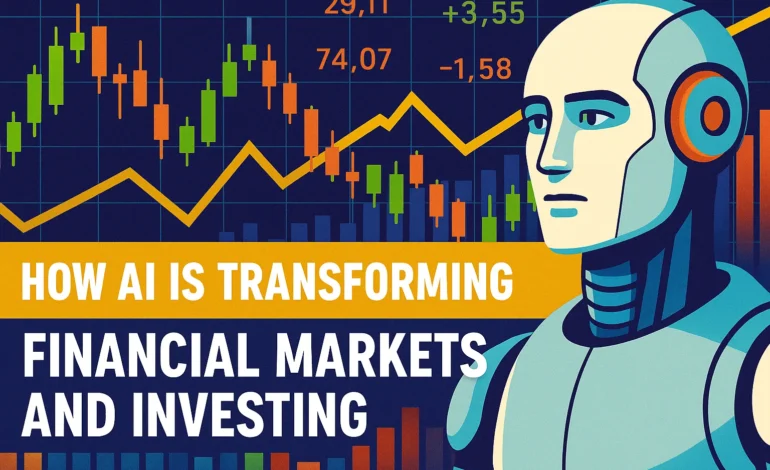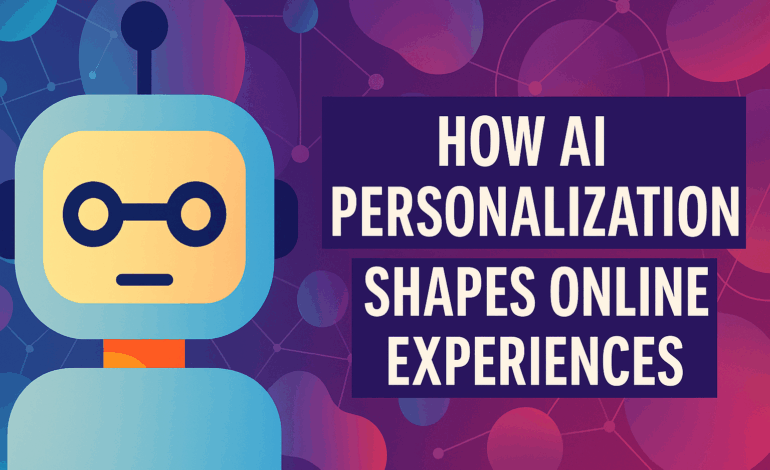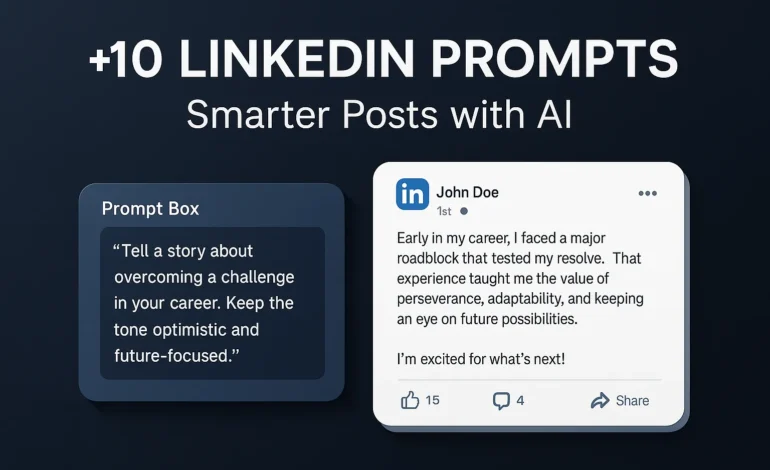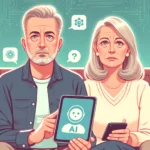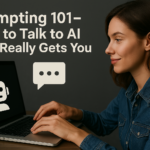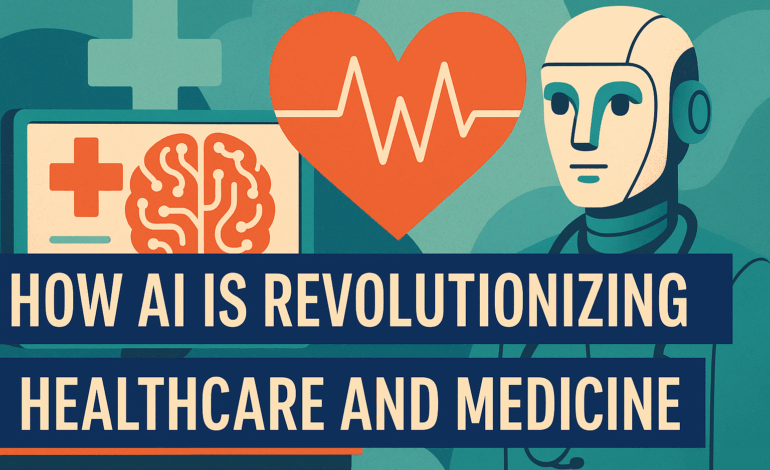
How AI Is Transforming Healthcare: Diagnostics, Personalization, and Ethical Challenges
Artificial Intelligence (AI) is no longer a futuristic concept—it is already reshaping the very foundations of modern healthcare. Whether it’s identifying tumors in radiology scans or tailoring therapies based on genetic profiles, AI is helping doctors make faster, smarter, and more individualized decisions. And yet, this transformation is just beginning.
One of the clearest examples of AI’s medical potential lies in diagnostic imaging. Algorithms trained on thousands of scans are now able to identify anomalies in X-rays, CTs, and MRIs with astonishing precision. In some benchmark studies, AI has outperformed human radiologists in detecting lung nodules and early breast cancer lesions. These systems can act as a second pair of eyes—reducing human error and catching subtle signs that even seasoned professionals might miss. [Source: Radiological Society of North America]
Unlike traditional software, AI systems in medicine are adaptive—they learn from data. For instance, IBM’s Watson for Oncology analyzes clinical literature and patient data to recommend treatment options, mimicking the decision-making of a medical expert.
But AI’s potential goes far beyond image analysis. Hospitals are using machine learning to analyze patient records, lab results, and even real-time vital signs to detect patterns that might indicate complications before they occur. A study by the Mayo Clinic showed that AI could predict sepsis up to 12 hours earlier than conventional methods—potentially saving lives in critical care settings. [Source: Mayo Clinic]
AI is also accelerating the shift toward personalized medicine. By mapping an individual’s genetic profile and comparing it with millions of others, AI enables tailored treatments—particularly in cancer therapy and rare diseases. This approach moves away from one-size-fits-all medicine and opens the door to therapies with higher effectiveness and fewer side effects.
Predictive analytics allow physicians to identify at-risk patients and intervene earlier. Instead of reacting to illness, AI enables a shift toward preventive care—reducing both suffering and costs.
However, these advancements come with serious responsibilities. Data privacy is a growing concern, especially when health data is fed into opaque algorithms. Bias in training data can lead to unequal outcomes—particularly for underrepresented groups. And the “black box” nature of many models raises ethical concerns: How can patients trust decisions they cannot understand? Organizations like the World Health Organization have called for clear regulatory frameworks and ethical oversight of AI in medicine. [Source: WHO]
Looking ahead, AI is poised to permeate every aspect of healthcare: from robotic-assisted surgeries and virtual nursing assistants to drug discovery and mental health support. But its success depends not just on algorithms, but on how well we integrate them—safely, ethically, and inclusively.
In a Nutshell
AI is quietly revolutionizing healthcare—enhancing diagnostics, enabling personalized treatments, and offering predictive insights—while forcing society to grapple with ethical, legal, and social implications.

